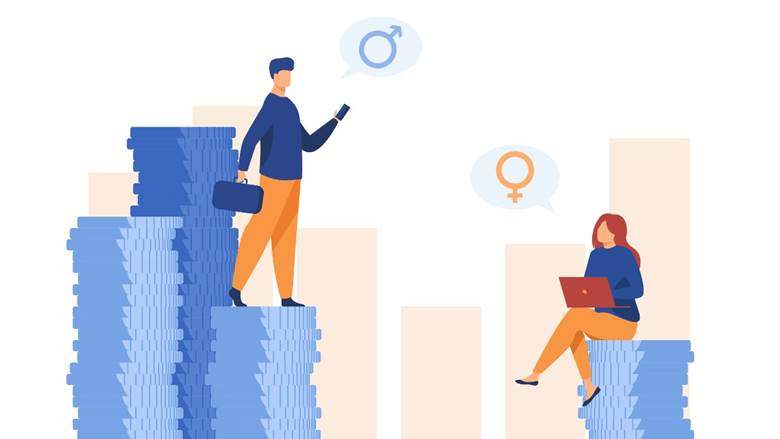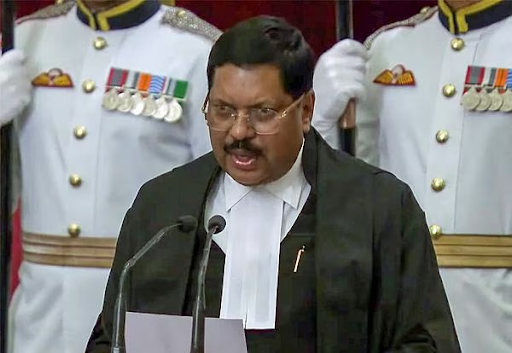Description

Copyright infringement not intended
In News
- A recently published report by the United Nations women and the UN Department of Economic and Social Affairs (UN DESA) stated that “with the current rate of progress, it will take nearly 300 years to achieve full gender equality’.
- If the existing trends continue, then by 2030; more women and girls will live in extreme poverty in sub-Saharan Africa than today.
- The report highlighted that SDG 5, or achieving gender equality, will not be met by 2030 at the existing pace of progress.
- The report mentioned several reasons for gender inequality;
- Global challenges, such as the COVID-19 pandemic and its aftermath.
- Violent conflict in some parts of the world.
- Climate change.
- Restrictions on women’s sexual and reproductive health.
- Gender-bias legal systems in many countries;
- Do not ban violence against women.
- Do not protect women’s rights in marriage and family.
- Do not provide equal pay and benefits at work.
- Do not guarantee their equal rights to own and control land.
- The report has raised concern over the invasion of Ukraine and the ongoing war there is further worsening food insecurity and hunger, especially among women and children, limiting supplies of wheat, fertilizer and fuel and propelling inflation.

Related News
- India ranked 135 among 146 countries in the recently released Global Gender Gap Index 2022.
- In 2021, India ranked 140 out of 156 nations.
- Iceland ranked at the top and it is the only country to have closed more than 90% of its Gender gap.
- Global Gender Gap Index was released by the World Economic Forum (WEF).
- In the sub-index of “health and survival”, India has ranked (146th) as the worst performer in the world.
- According to the report, India will take more than 132 years to reach gender equality.
- India has ranked poorly among its neighbours and it is behind:
- Bangladesh (71)
- Nepal (96)
- Sri Lanka (110)
- Maldives (117)
- Bhutan (126).
- In South Asia, only the performance of Iran (143), Pakistan (145) and Afghanistan (146) was worse than India.
- India’s scored 0.629 (out of 1), and this was the 7th-highest score in the past 16 years.
- The report mentioned that the labour force participation shrunk for both men (by 9.5%) and women (3%).
Steps taken by the Indian Government to ensure gender equality
- The Union Government is implementing several schemes/programs to ensure welfare, rehabilitation, empowerment, education and generating employment opportunities for women.
- SwadharGreh Scheme aims to provide shelter, food, clothing, counselling, training, clinical and legal, and rehabilitation in difficult circumstances; homeless due to family discord, crime, violence, mental stress, social ostracism or are being forced into prostitution, etc.
- A Home for widows has been set up in Vrindavan, Uttar Pradesh to provide a safe place to stay, health services, nutritious food, and legal and counselling services.
- Beti Bachao Beti Padhao, to address the declining Child Sex Ratio.
- PM Matru Vandana Yojana (PMMVY) Providing Cash incentives for improved health and nutrition to pregnant and nursing mothers.
- Scheme for Adolescent Girls aims at girls in the age group 11-18, to empower and improve their social status through nutrition, life skills, home skills and vocational training
- Pradhan Mantri Mahila Shakti Kendra Scheme to promote community participation through the involvement of Student Volunteers for the empowerment of rural women
- National Creche Scheme to provide daycare facilities to children of the age group of 6 months to 6 years of working women who are employed.
- Rashtriya Mahila Kosh (RMK) to provide micro-credit to poor women for various livelihood support and income-generating activities at concessional terms.
- Ujjawala is a Comprehensive Scheme for the prevention of trafficking and rescue, rehabilitation, reintegration and repatriation of victims of trafficking for commercial sexual exploitation.
- Working Women Hostels for ensuring safe accommodation for women working away from their place of residence.
- One-Stop Centre (OSC) and Women Helpline (WH) are being implemented to facilitate access to an integrated range of services including medical aid, police assistance, legal aid/ case management, psychosocial counselling and temporary support services to women affected by violence.
- Gender Budgeting Scheme is being implemented as a tool for mainstreaming gender perspective at various stages of planning, budgeting, implementation, impact assessment and revisiting of policy/programme objectives and allocations.
- Panic Button on Mobile Phones.
- Emergency Response Support System Set up under Nirbhaya Fund.
- Mahila Police Volunteers, to report the incidences of violence against women.
- Inclusion of Acid Attack as a disability.
- Training for Women Heads of Panchayats.
- Extending Maternity Leave duration From 12 weeks to 26 weeks.
- Rashtriya Mahila Kosh, Providing micro-credit to Poor women through NGOs, SHGs.
- Mahila e-Haat, online digital marketing Platform for women.
- New Passport Rules, Submission of the father's name is not mandatory, Does not need to submit her/his marriage/divorce Certificates.
- Dowry Prohibition Act, 1961, Penalizes Giving and taking.
- SABLA Scheme, Providing life Skills and Supplementary nutrition to out-of-school girls.
- Sexual Harassment electronic-Box (SHe-Box).
- The national database on Sexual offenders includes the name, addresses, photographs and fingerprint details of those Convicted in Sexual assault Cases.
https://www.downtoearth.org.in/news/health/it-will-take-3-centuries-to-close-gender-gap-completely-warns-un-84782
https://t.me/+hJqMV1O0se03Njk9














